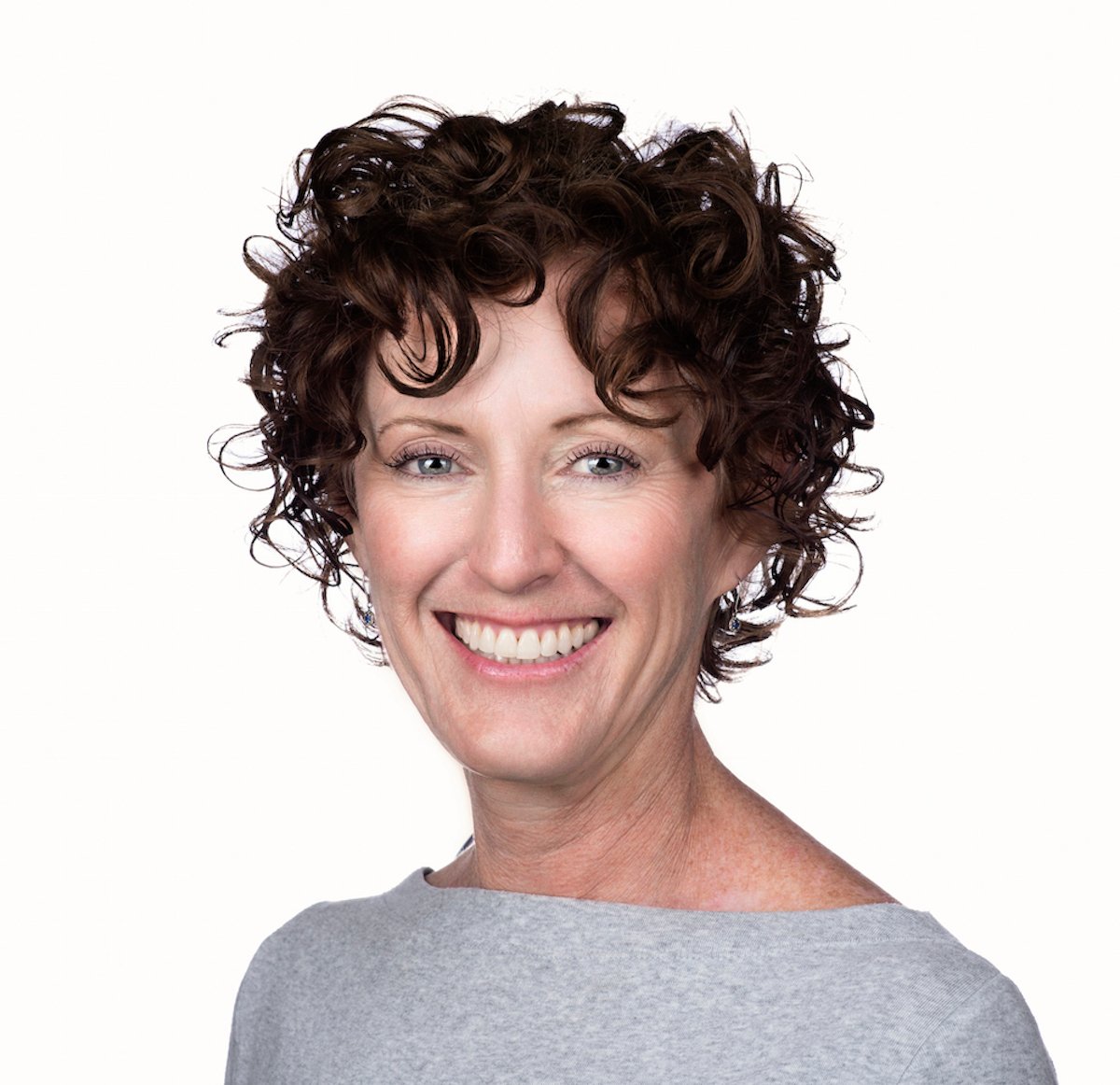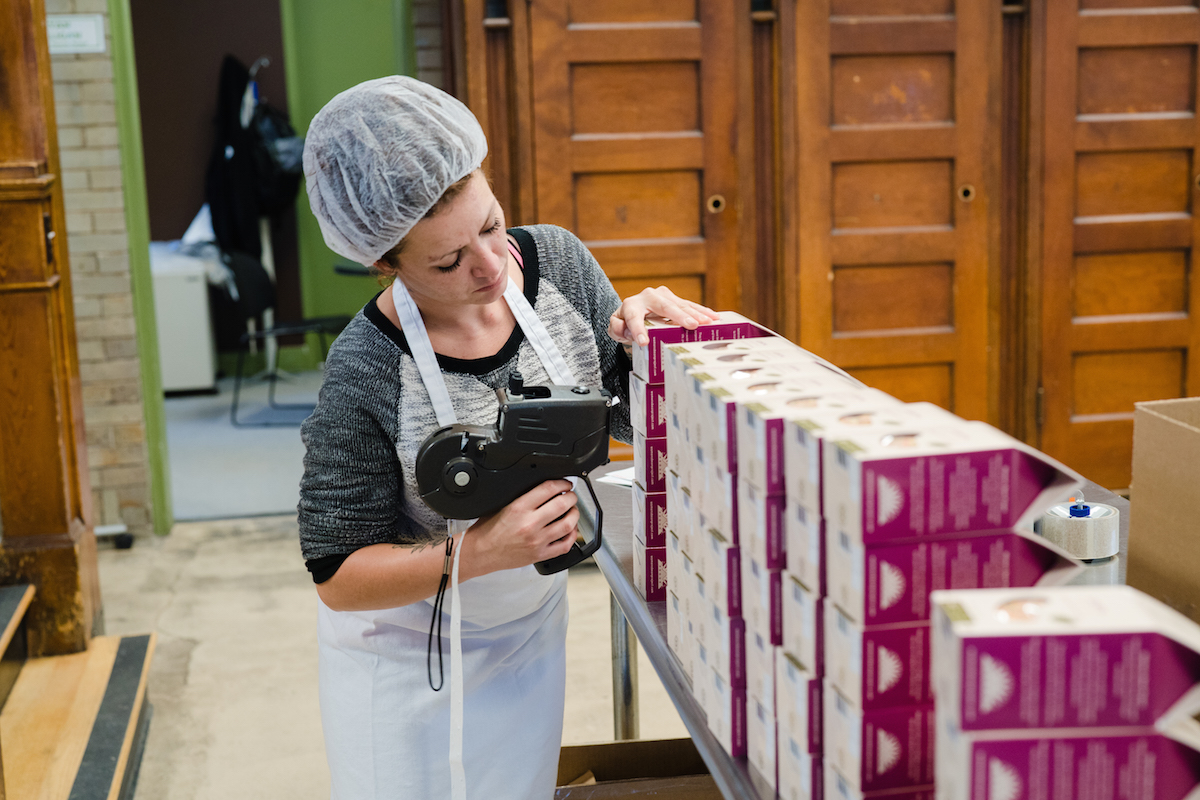Women’s Bean Project: Helping women help themselves
Tamra Ryan is the CEO of Women’s Bean Project, an organisation that hires chronically unemployed women and teaches them to work.
During seven months in the program, the women spend much of their time making nourishing products, or working on the production floor, in shipping and receiving, or the retail store.
The rest is spent on literacy training, job skills, parenting and budgeting skills, and computer basics.
Through the organisation, the women learn to stand tall, find their purpose and break the cycle of poverty. Tamra shares with The CEO Magazine the challenges and rewards of running a social enterprise.

What inspired the inception of Women’s Bean Project?
In 1989, our founder, Jossy Eyre, was volunteering at a daytime women’s shelter in Denver, Colorado. She realised that while the shelter kept the women safe, it could not help them make lasting changes in their lives.
To help women achieve independence and self-sufficiency, she saw the need to provide an opportunity to experience the dignity of work by learning how to get – and keep – a job.
With $500 of her own money, Eyre bought some beans and put two women to work. This move led to the start of the social enterprise we are today.
As the CEO since 2003, I am proud that we have stayed true to the original idea of teaching women the skills to work, by actually working.
What were you doing prior Women’s Bean Project?
After earning two science degrees, my career took me into marketing and business development. Just before joining the Bean Project, I was working in the tech industry.
My involvement with Women’s Bean Project began as a volunteer. The company I was working at was not in Denver, where I was living, and I was seeking a way to get involved in the local community. I began volunteering at the Bean Project as a way to contribute to the city I call home.

What motivates you?
There have been many times, as I’ve sat across the table from a woman we serve, when I’ve thought that apart from the accident of birth, we are not that different. I happened to be born to a white, middle-class family in Colorado Springs.
From early on, I knew I was going to go to college. None of these circumstances makes me special. I think those factors give me a responsibility to contribute to my community to make it better.
At what stage in your life did you begin to notice inequality?
There were two experiences from my early career that struck me and helped me realise that we don’t all have the same opportunities.
The first was while working in my first job in Chicago. Part of our team consisted of administrative employees who had graduated from public high schools in inner-city Chicago. Despite having high-school diplomas, the math and reading skills of these employees were lacking.
The second experience was a few years later, when I was tutoring youth experiencing homelessness to help them prepare for the GED exam. As I sat with them, talking through answers to basic civics questions, listening to them read and work on math problems, it was clear that these young people had been left behind in 3rd or 4th grade.
These two experiences helped me see that we don’t all have the same opportunities for education and the future. Also, that opportunity is not determined by individual talent, but by our circumstances and zip codes.
Since the businesses inception, what are some highlights and challenges you’ve experienced?
In 30 years there have been many ups and downs for Women’s Bean Project. Before my arrival as CEO, the Bean Project experienced a severe financial crisis and nearly shuttered.
Thanks to the dedication of board members, volunteers and the foundation community, we were able to survive. To survive, we had to become a stronger business and human services program.
We also had to have a firm handle on our business costs and the program outcomes we set out to accomplish. Once we made the changes, the company became more effective. Also, as the concept of social enterprise became more known, the business was in a better position to grow.
Today we employ about 60 women each year (for a seven-month program period) and our products are in roughly 1,000 stores across the country and online. We work with some of the country’s largest retailers.
We are also raising money to move to a new building that will allow us to grow our business and serve more women.
What is the best piece of advice that’s been given to you?
Don’t follow the argument. Instead, choose two to three points you want to make and stick with them. People who are good at arguing will suck you in. Stick to what’s important to you.
What are the top leadership lessons you’ve learned?
People don’t follow because of the title; they follow because they are inspired by the vision the leader has.
Make sure to be the calmest person in the room. Focus on the solution, not the problem, and be the question-asker, not the answer-giver.
Also, get comfortable with ambiguity. Answers to essential questions are rarely cut and dry, and there will always be things we can’t or don’t know, yet decisions must still be made.
What is your vision for Women’s Bean Project?
We envision a day when employers hire based on talent and potential rather than background. When all women who want to change their lives can go to the Women’s Bean Project for a second chance.
Also, when we can help other social enterprises across the country realise their potential by learning from us.
Read next: These 9 formidable women are changing the world as we know it